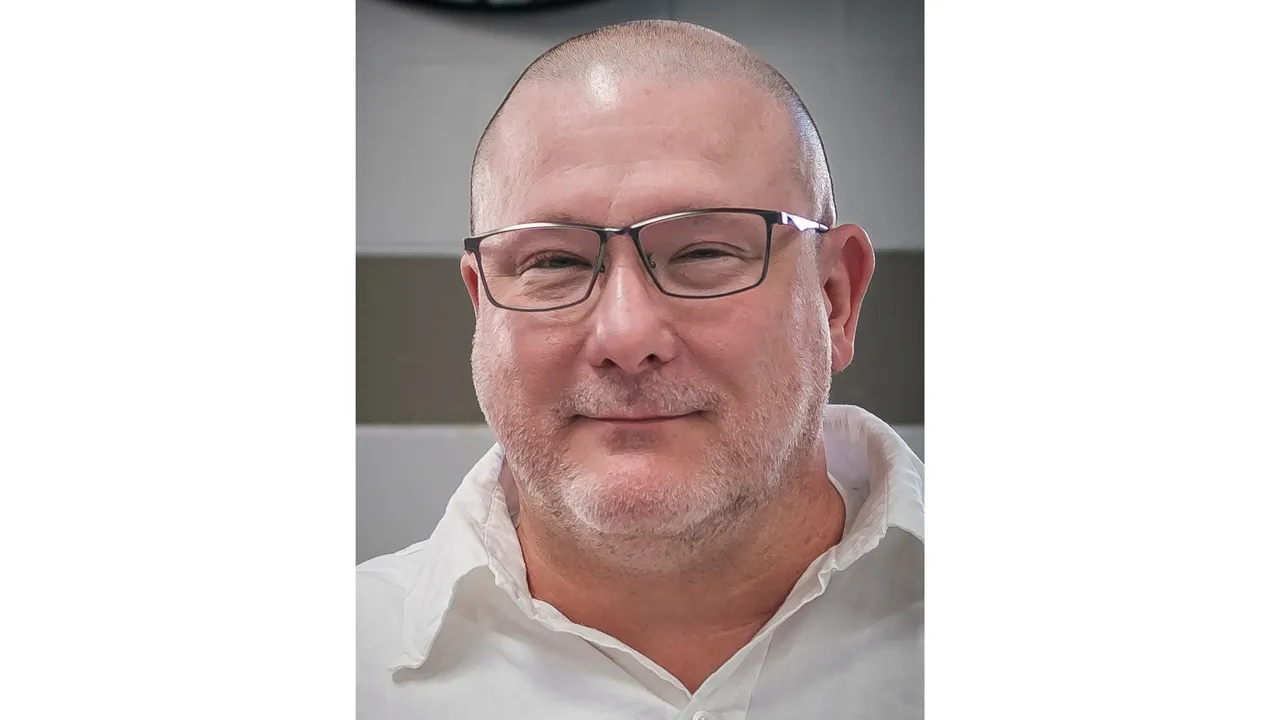- Republican Missouri Gov. Mike Parson on Monday denied clemency for death row inmate Brian Dorsey, who is scheduled to be executed Tuesday.
- Dorsey, 52, is convicted of the 2004 killings of Ben and Sarah Bonnie, the latter of whom was his cousin. Dorsey sexually assaulted Sarah Bonnie’s corpse after killing her.
- “Governor Parson has chosen to ignore the wealth of information before him showing that Brian Dorsey is uniquely deserving of mercy,” Dorsey’s attorney, Megan Crane, said in a statement. “Brian has spent every day of his time in prison trying to make amends for his crime, and dozens of correctional officers have attested to his remorse, transformation, and commitment to service.”
Missouri Gov. Mike Parson on Monday denied clemency for Brian Dorsey one day before the inmate’s scheduled execution for killing his cousin and her husband nearly two decades ago.
The governor’s decision is “devastating,” said Megan Crane, Dorsey’s attorney, in an email. The clemency petition included requests from 72 current and former corrections officers who vouched for Dorsey’s rehabilitation while behind bars, as well as support from a former Missouri Supreme Court justice and others.
“Governor Parson has chosen to ignore the wealth of information before him showing that Brian Dorsey is uniquely deserving of mercy,” Crane said in a statement. “Brian has spent every day of his time in prison trying to make amends for his crime, and dozens of correctional officers have attested to his remorse, transformation, and commitment to service.”
Parson has never granted a clemency request as governor. His office didn’t immediately respond to requests for comment.
An appeal focused on Dorsey’s record of good record of behavior is still pending before the U.S. Supreme Court. Another appeal to the High Court says his life should be spared because his trial lawyers were paid a $12,000 flat fee that provided them with no incentive to invest time in his case. On their recommendation, Dorsey pleaded guilty despite having no agreement with prosecutors that he would be spared the death penalty.
Dorsey, 52, formerly of Jefferson City, was convicted of killing Sarah and Ben Bonnie on Dec. 23, 2006, at their home near New Bloomfield. Prosecutors said that earlier that day, Dorsey called Sarah Bonnie seeking to borrow money to pay two drug dealers who were at his apartment.
Dorsey went to the Bonnies’ home that night. After they went to bed, Dorsey took a shotgun from the garage and killed both of them before sexually assaulting Sarah Bonnie’s body, prosecutors said.
Sarah Bonnie’s parents found the bodies the next day. The couple’s 4-year-old daughter was unhurt.
Attorneys for Dorsey said he suffered from drug-induced psychosis at the time of the killings. In prison, he’s gotten clean, they said.
“The Brian I have known for years could not hurt anyone,” one officer wrote. “The Brian I know does not deserve to be executed.”
In a letter to Parson as part of the clemency petition, former Missouri Supreme Court Justice Michael Wolff wrote that he was on the court when it turned aside an appeal of his death sentence in 2009. Now, he says, that decision was wrong.
“Missouri Public Defenders now do not use the flat fee for defense in recognition of the professional standard that such an arrangement gives the attorney an inherent financial conflict of interest,” Wolff wrote.
Meanwhile, the Missouri Department of Corrections is taking measures to reduce Dorsey’s risk of suffering during the execution. A settlement filed Saturday ends a federal lawsuit that said Dorsey could face tremendous pain if required to undergo what’s known as a cutdown procedure to find a suitable vein for injection of the lethal dose of pentobarbital.
Dorsey is described as obese, has diabetes and is a former intravenous drug user — all factors that could make it more difficult to find a vein for injection, his lawyers have said. A cutdown procedure involves an incision that could be several inches wide, then the use of forceps to pull apart tissue to get to a vein.
Missouri’s execution protocol includes no provision for anesthetics. Attorneys for Dorsey had argued that without a local anesthetic, Dorsey could be in so much pain that it would impede his right to religious freedom in his final moments by preventing him from having meaningful interaction with his spiritual adviser, including the administration of last rites.
The settlement doesn’t spell out the specific changes agreed to by the state, or if anesthetics would be used if a cutdown procedure is necessary. A spokeswoman for the corrections department declined comment on Monday.
